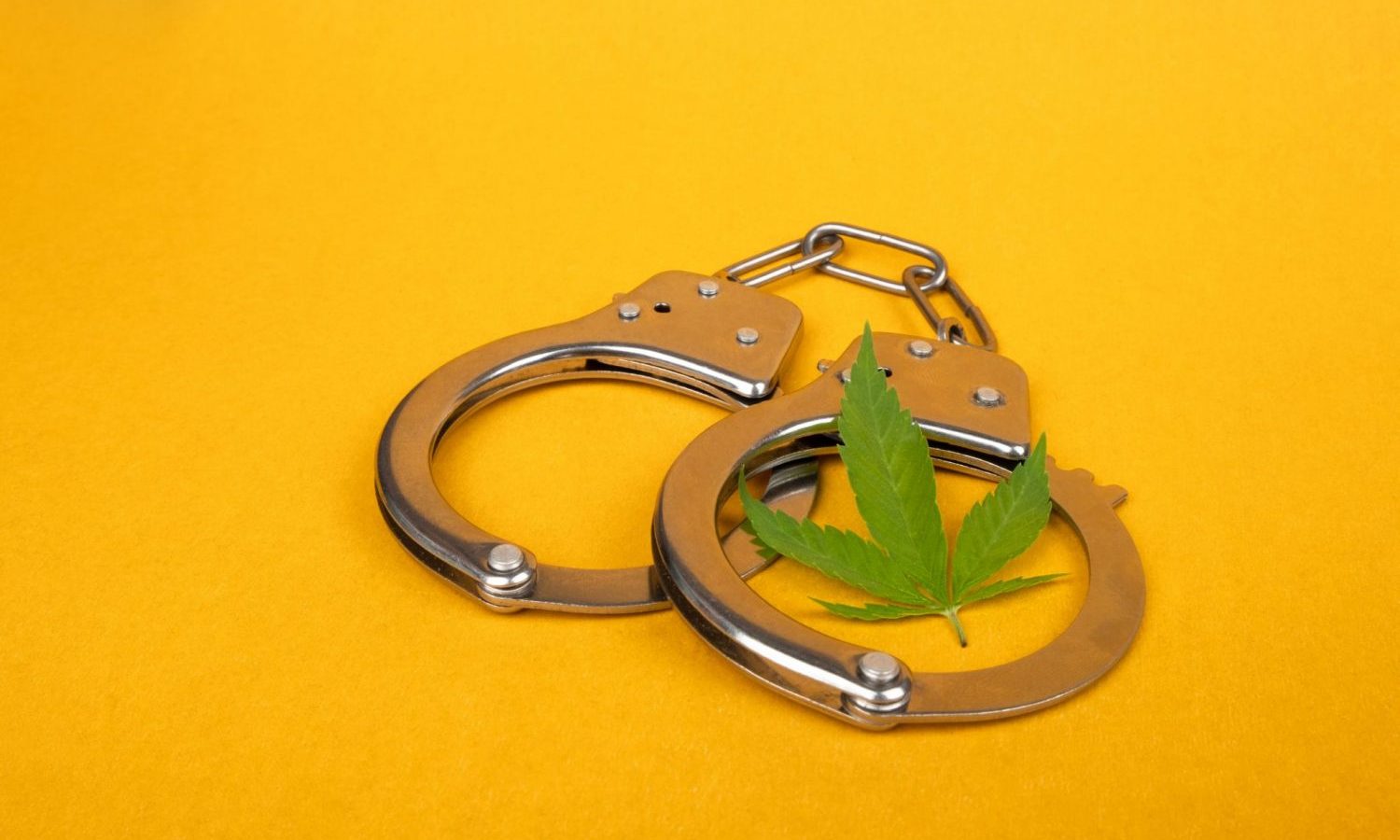States that did not implement any policy change showed no meaningful change in arrests for White individuals and an increase for Black individuals, thereby increasing the arrest rate disparity over time.
By
The truth is, racism exists. Some of us don’t want this to be true, some refuse to see it, some don’t care and then there are racists who seem to work to keep it alive. It’s hard to believe that in the 21st century, we, as a population, haven’t spiritually evolved an inch.
A study published in the journal JAMA Health Forum sheds light on one of the examples of racial disparity across the US. The research revealed that those states that have not removed criminal penalties for cannabis possession increased arrest rate disparities over the last two decades.
Researchers used race-based arrest data from the Uniform Crime Reporting Program and Surveillance, Epidemiology and End Results county-level population data from January 2000 through December 2019 across 43 U.S. states. They examined how arrest rates compare before and after states decriminalized or legalized cannabis and also across those that made no policy changes.

A team of researchers affiliated with Eastern Virginia Medical School in Norfolk and with Saint Louis University in Missouri revealed that both legalization and decriminalization policies were related to “large decreases” in the total number of adults arrested for cannabis violations. What’s more, it was discovered that legalization was associated with the biggest decrease in raw differences between Black and White arrests.
“States that did not implement any policy change showed no meaningful change in arrests for White individuals and an increase for Black individuals, thereby increasing the arrest rate disparity over time.”
RELATED: DEA Reports Uptick In Marijuana-Related Seizures & Arrests: Why Is This Happening? NORML Has An Idea
The study authors concluded, “This study highlights the importance of statewide policies in reducing cannabis possession arrests. … While these results do not unambiguously favor decriminalization nor legalization, increases in arrest rate disparities in states without either policy highlight the need for targeted interventions to address racial injustice.”
NORML’s political director, Morgan Fox, commented on the results, “Even though removing criminal penalties for simple cannabis possession is not a surefire fix for the racially disparate application of the law, it does lead to a drastic reduction in the number of people of color that are disproportionately and unnecessarily caught up in the criminal justice system.”
RELATED: Federal Cannabis Prohibition Has Failed, Sen. Booker Says During Senate Hearing
He added: “It is appalling, though not particularly surprising, that we are seeing increases in racially disparate arrest rates in states that continue to cling to outdated prohibition policies. Regardless of intent, it is clear that the continued criminalization of cannabis perpetuates and exacerbates unequal enforcement under the law and the associated harms that come with it. This is not something that we can tolerate in the 21st century, and these findings should incentivize lawmakers to embrace sensible cannabis policy reforms.”
This article originally appeared on Benzinga and has been reposted with permission.


